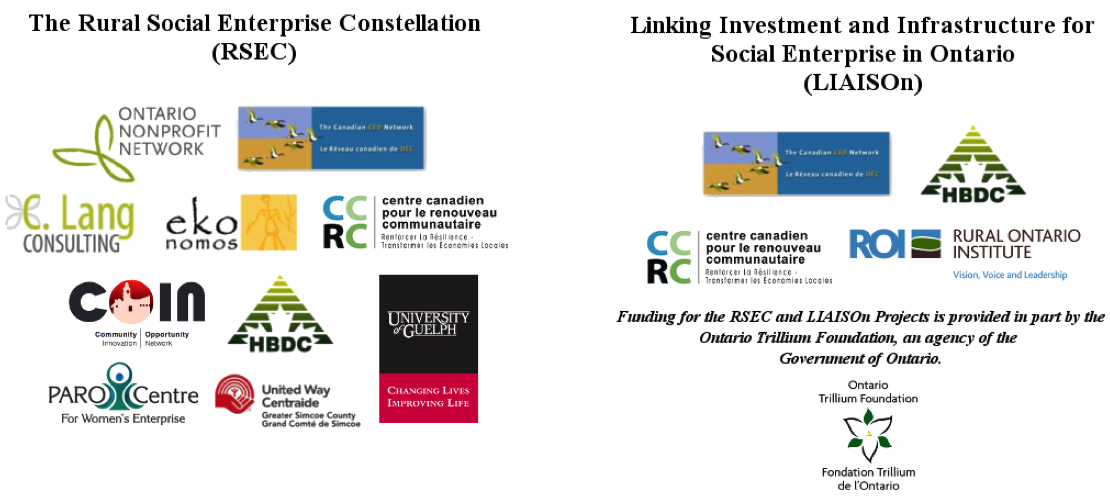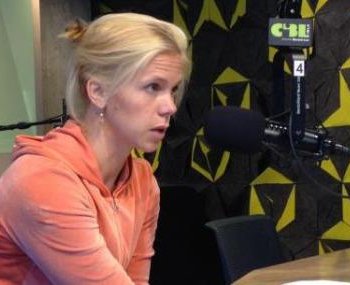Shared Space - for Co-workers, for Communities
 Wondering what social enterprise really looks like? What it takes to succeed? What impacts social enterprises can have?
Wondering what social enterprise really looks like? What it takes to succeed? What impacts social enterprises can have?
From financing a building to building a community, these two models of shared space, Common Roof and The Forge, provide lessons and inspiration for anyone thinking of developing or working in these kinds of settings. With expertise as landlords and leaders, Glen and Rebecca will answer your questions about shared space.
Presenter Bios
Glen Newby, President and CEO of New Path Foundation, will share the story of the Common Roof initiatives which provide a multi-sector base of human service expertise to some 10,000 clients. Now eight years old with locations in Orillia & Barrie, this is a story of strategic, affordable, and sustainable multi-tenant shared space and services, all within a social enterprise framework.
Rebecca Danard, ED of reThink Green, will tell us about The Forge, a new environmentally friendly co-working and collaboration space in Sudbury. The transformation of the building has been a story in itself but the real story is the supportive and inclusive community being developed.
Related Sessions
- Session 1: Developing Multiple Enterprises - An Effective Growth Strategy, November 13
- Session 2: Shared Space - for Co-workers, for Communities, November 18
- Session 3: Municipal Support of Social Enterprises - Innovative Local Governments, November 25
- seontario.org - Ontario's community-driven showcase of social enterprise and the social economy
For more information, contact Paul Chamberlain at pchamberlain at ccednet-rcdec.ca


 12pm to 1pm Eastern Time
12pm to 1pm Eastern Time